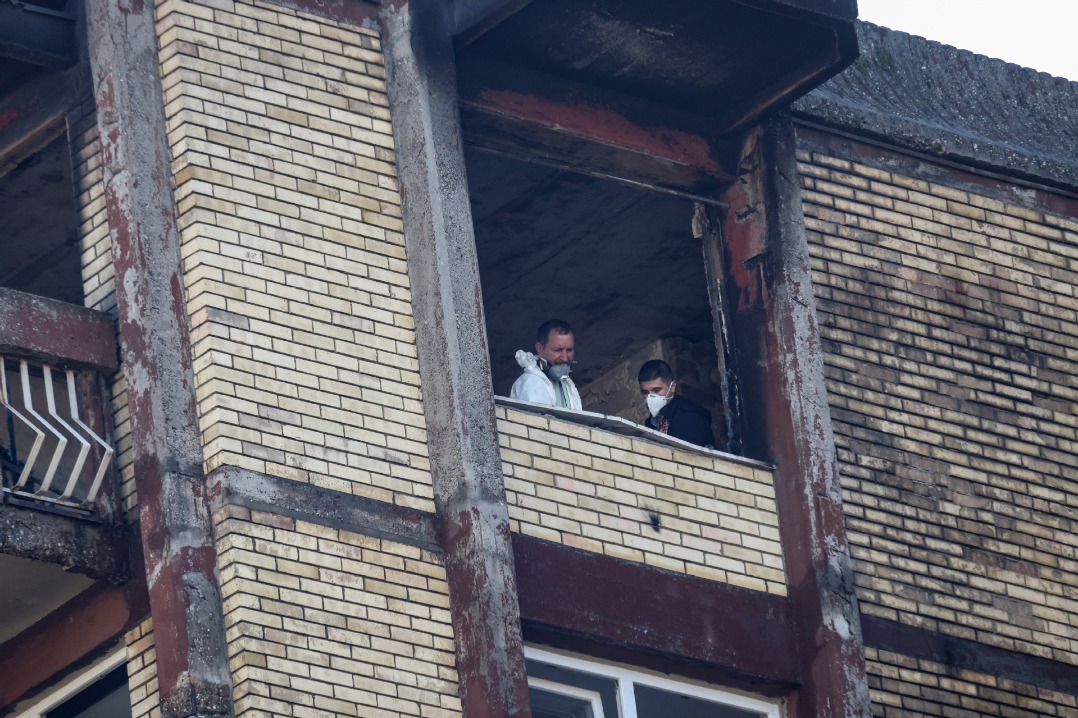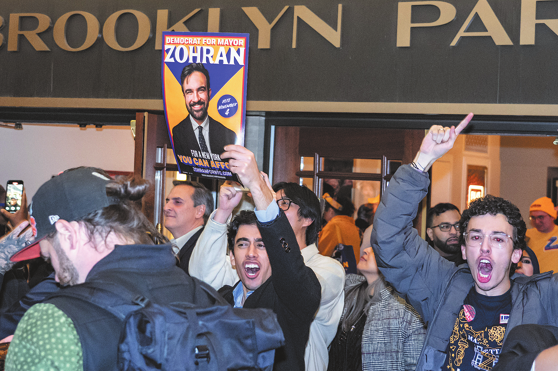Record gridlock exposes deep divide
Partisan warfare pushes US into longest shutdown, threatening stability: Experts


The current United States federal government shutdown has become the longest in history, exposing a systemic crisis in which severe partisanship is crippling government functions, weakening institutional framework and damaging national interests, experts say.
The shutdown began on Oct 1 after Republican and Democratic lawmakers failed to pass funding bills for the 2026 fiscal year. As the impasse extends into a new month, it has surpassed the previous record of 35 days, set in the 2018-19 shutdown during President Donald Trump's first term.
Experts said the current stalemate has been prolonged because both parties have weaponized government shutdowns, viewing them as political tools to attack opponents, making it harder to resolve.
Wei Zongyou, a professor at the Center for American Studies at Fudan University in Shanghai, said the shutdown is rooted in a deepening partisan divide.
"With growing disagreements on domestic policies, from taxation and healthcare to immigration, Democrats and Republicans find less and less common ground and a dwindling willingness to negotiate," he said.
In July, Republicans passed bills that slashed funding for medical assistance and foreign aid, and even rescinded previously allocated funds, while increasing spending on border security and immigration enforcement.
"Lacking a majority in Congress to block these moves outright, Democrats are using the temporary funding impasse to advocate the restoration or protection of the programs they support," Wei said.
Diao Daming, a professor of US studies at Renmin University of China, said neither side views the shutdown as a shared crisis, but rather as the other side's problem.
"They believe that prolonging the shutdown will increase the pressure on their opponents," he said. "This indicates that partisan politics and self-interest have replaced their sense of duty to maintain government functions and effectively respond to the needs of the people."
The shutdown is part of a recurring pattern. According to the nonpartisan organization USAFacts, the US has experienced 20 funding gaps and 10 shutdowns since the current budget process was established in 1976, not counting the current standoff.
Diao said the Congress has frequently missed its deadline to pass appropriation bills in recent decades due to intense political polarization.
In most cases, the government avoids a shutdown by passing short-term Continuing Resolutions to maintain funding while negotiations continue. "The fact that even a temporary Continuing Resolution couldn't pass this time shows how extreme the partisan division has become," Diao said.
The US appropriations system, designed for careful spending through checks and balances, fails to account for extreme partisanship, he said.
"The consistent failure to pass funding on time indicates the system is broken and should be reformed. Yet, both the failure to fund and the inability to reform it stem from the same source: partisan deadlock."
Strain on economy
Diao described the current political climate as "increasingly tribal", in which parties reflexively oppose each other and any action that hurts the opposition is seen as a win, no matter the cost.
The shutdown has caused significant disruptions across the society and is increasingly straining the economy.
Key social safety net programs, such as the Supplemental Nutrition Assistance Program aiding 42 million people, are at risk of delays in distributing benefits.
The Federal Aviation Administration plans to reduce airline traffic by 10 percent at 40 locations nationwide beginning on Friday, Transportation Secretary Sean Duffy told a White House news briefing on Wednesday.
The Congressional Budget Office estimates that a four-week shutdown could cumulatively reduce real GDP by $7 billion by the end of next year, with losses escalating to $11 billion in a six-week scenario.
Diao said the consequences are disproportionately felt. "The shutdown has less impact on the wealthy, but it can have severe, long-term effects on the middle and lower classes."
Furthermore, the halt in government data collection is creating a dangerous blind spot for policymakers, he said.
"The lack of timely economic statistics makes it difficult to accurately assess the situation and effectively manage critical issues like interest rates and inflation. This increases the risk of miscalculation and broader economic instability."
Wei said the shutdown highlights two core challenges facing US governance.
"The government's continuing reliance on debt, supported by the dollar's international status, has led to an escalating fiscal crisis that limits spending.
"Additionally, the growing ideological divide between a more conservative Republican Party and a more liberal Democratic Party has severely hindered the government's ability to function normally," he said.
Xinhua contributed to this story.
yangran1@chinadaily.com.cn
































